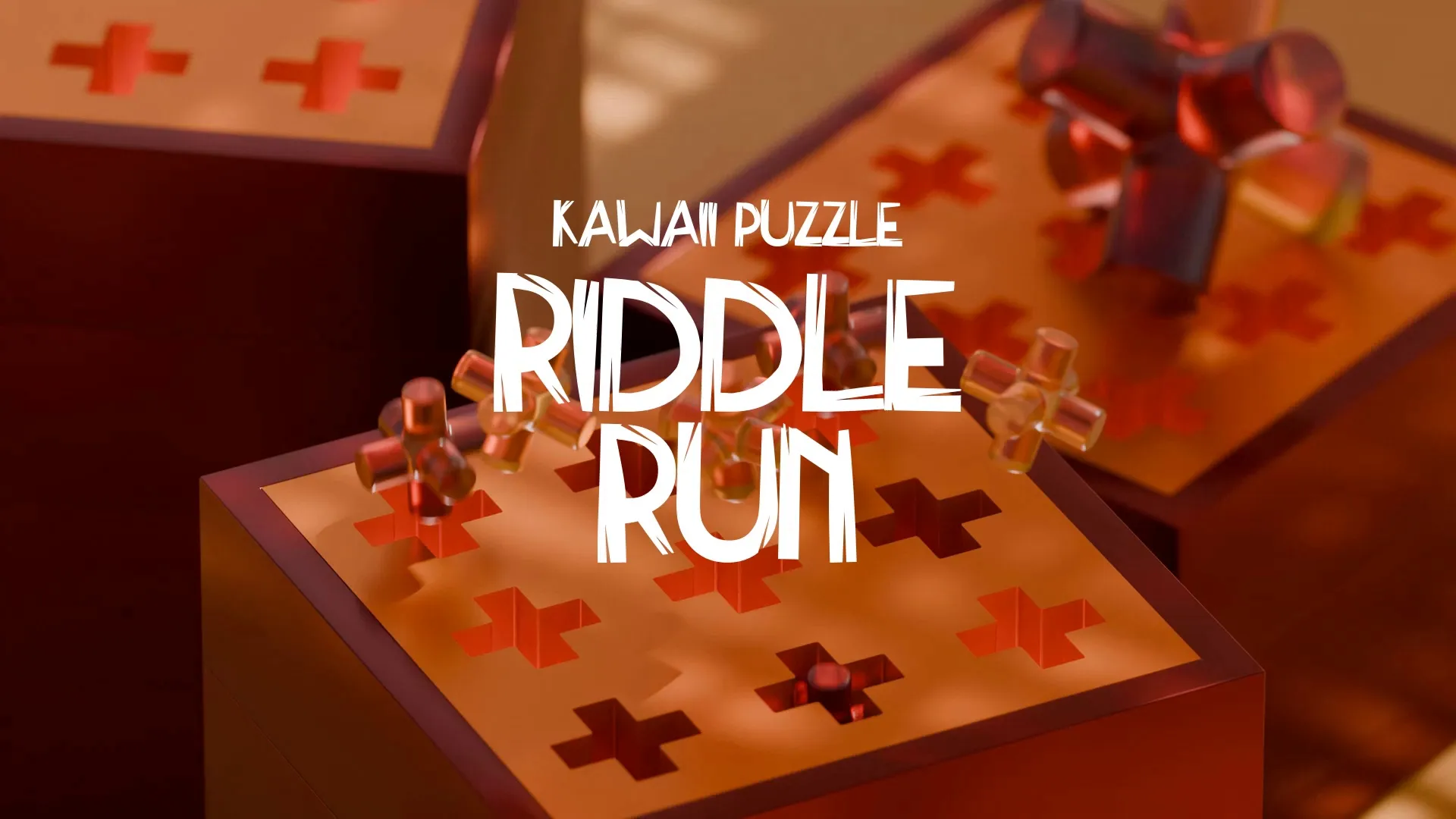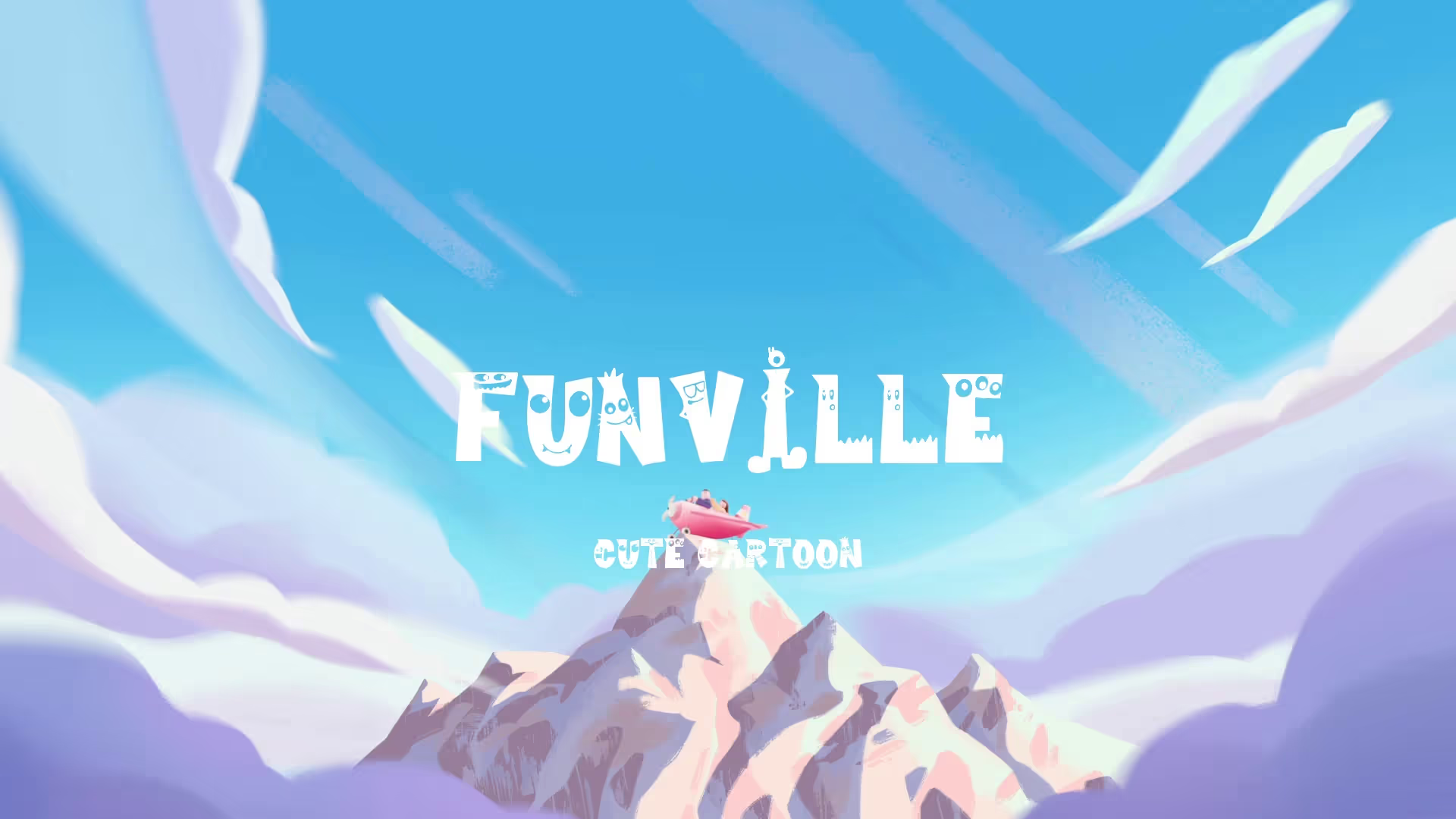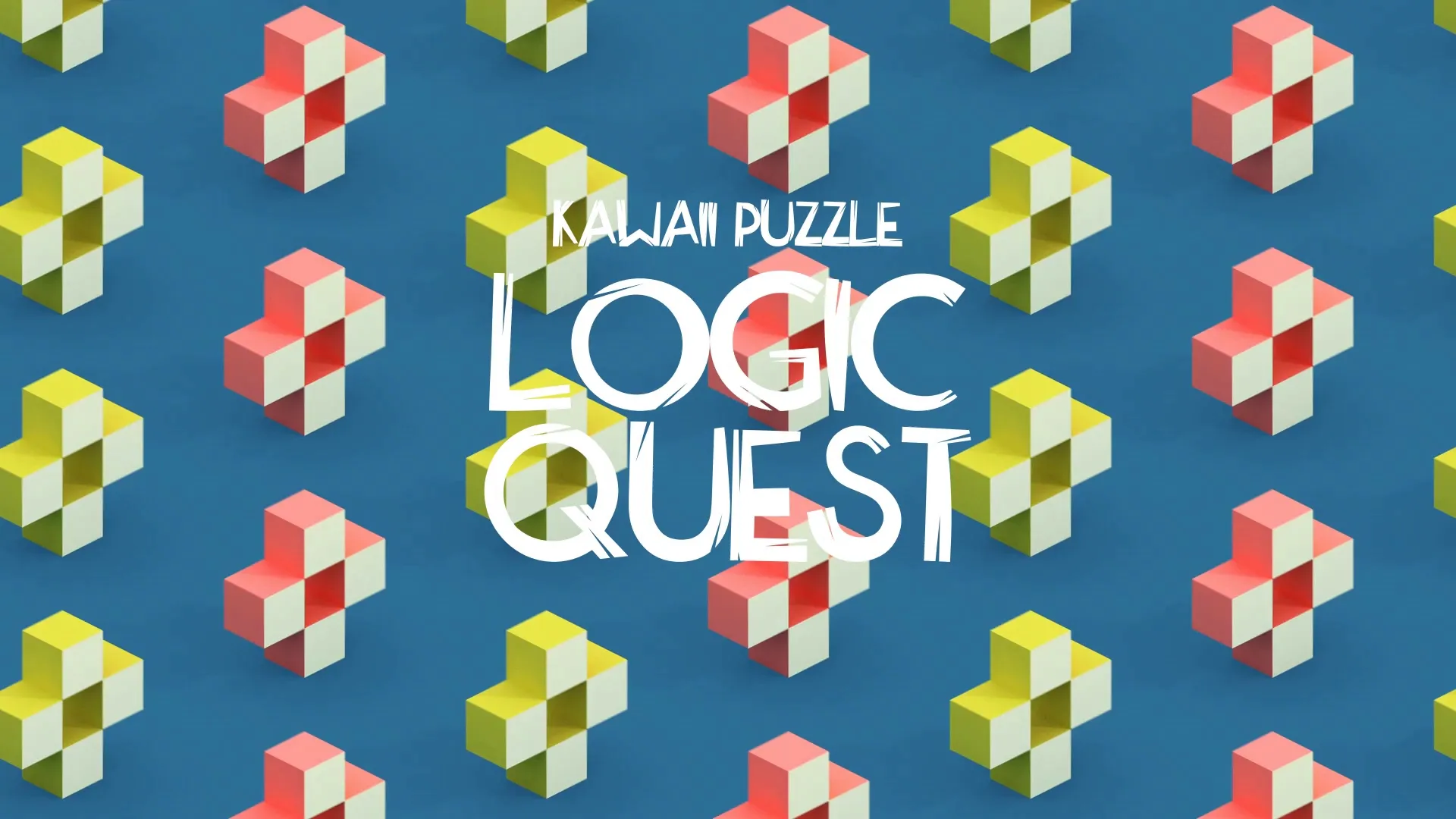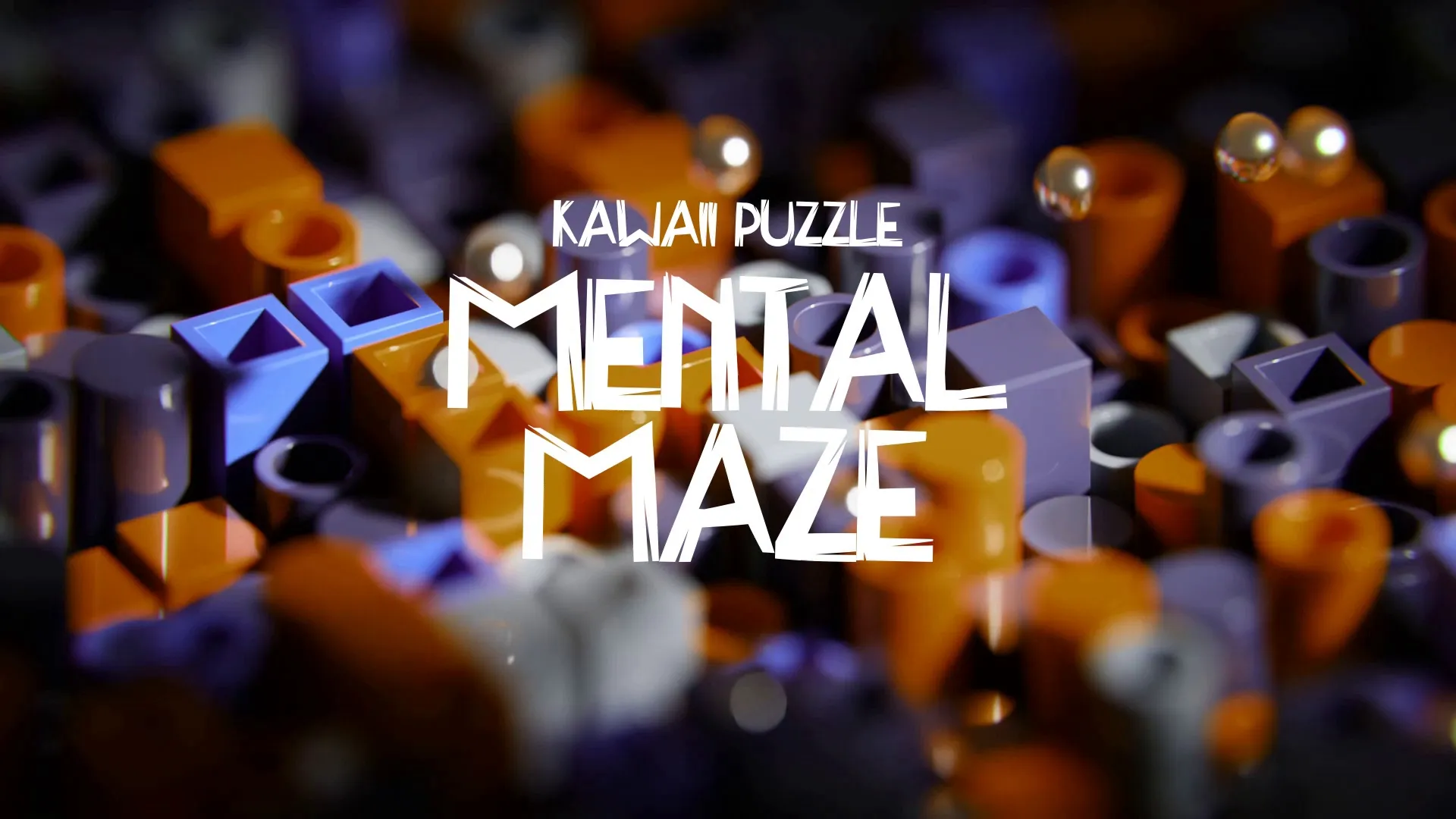Achieving Sustainable Success: Work-Life Balance and Business Strategy for Solo Indie Game Developers
Achieving Sustainable Success: Work-Life Balance and Business Strategy for Solo Indie Game Developers
Solo indie game development offers unparalleled creative freedom, yet it often leads to burnout and unsustainable practices. Balancing ambitious projects with personal well-being is critical for long-term success. This article outlines practical strategies for solo developers to maintain a healthy work-life balance while building a viable game business.
Define Your Vision and Scope
Start by clearly defining your game’s core vision and realistic scope. Overly ambitious projects are a primary cause of developer fatigue and unfinished games. Focus on a minimum viable product (MVP) that delivers a complete experience.
Break down your vision into manageable features and prioritize them ruthlessly. Resist feature creep; it can derail your project and extend development timelines indefinitely. A clear scope allows for focused effort and measurable progress.
Implement Effective Time Management
Efficient time management is non-negotiable for solo developers. Without a team, you are responsible for every aspect of development. Structure your days to maximize productivity and prevent feeling overwhelmed.
Utilize techniques like the Pomodoro Technique to work in focused bursts followed by short breaks. Dedicate specific blocks of time to different tasks, such as coding, art, sound design, and marketing. A dedicated task tracker like Momentum helps organize tasks and track progress, ensuring your project consistently moves forward.
Prioritize Project Management
Even as a solo developer, project management is essential. Treat your game development like a small business, with clear milestones and deadlines. This disciplined approach prevents procrastination and ensures accountability.
Regularly review your progress against your plan. Adjust your schedule as needed, but avoid making drastic changes to your scope unless absolutely necessary. Proactive planning helps maintain development momentum and reduces last-minute stress.
Develop a Robust Business Strategy
Creative passion alone will not sustain your career. A solid business strategy is vital for financial stability and continued development. Understand your target market, monetization model, and marketing plan from the outset.
Research the financial realities of indie development. Understanding potential earnings helps set realistic expectations and informs your pricing strategy. For insights into developer income, consider reading ‘Realistically, How Much Does an Indie Game Dev Make Per Year?’ for a broader perspective. Realistically, How Much Does an Indie Game Dev Make Per Year?
Consider different revenue streams beyond direct sales, such as patreon, merchandise, or asset sales. Diversifying your income can provide a safety net and support future projects.
Cultivate Mental Well-being and Mindfulness
The demanding nature of game development can take a toll on mental health. Prioritize self-care as much as you prioritize coding or art. Regular breaks, exercise, and adequate sleep are not luxuries; they are essential for sustained creativity and focus.
Practice mindfulness to manage stress and prevent burnout. Taking time for reflection can help you stay focused and motivated. Tools like the Journal can assist in daily reflection and provide feedback to maintain mental clarity.
Set clear boundaries between work and personal life. Avoid working seven days a week or late into the night consistently. A rested mind is a more productive mind.
Create a free account, or log in.
Gain access to free articles, game development tools, and game assets.
.webp)





















.webp)
